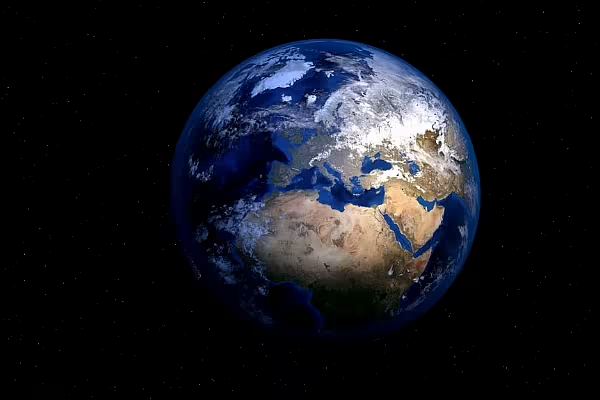A study by the Potsdam Institute for Climate Impact Research (PIK) has estimated that the global economy faces approximately $38 trillion (€35.61 trillion) in damages each year due to the effects of climate change, equating to a significant annual income reduction of 19%.
Even if CO2 emissions were drastically reduced starting today, these economic costs are projected to persist until at least 2050, the study, published in the Nature journal, found.
Income Losses
It also noted that countries least responsible for climate change will experience income losses that are 60% greater than those of higher-income countries and 40% greater than those of higher-emission countries.
“Strong income reductions are projected for the majority of regions, including North America and Europe, with South Asia and Africa being most strongly affected," commented PIK scientist and co-author Maximilian Kotz.
"These are caused by the impact of climate change on various aspects that are relevant for economic growth such as agricultural yields, labour productivity or infrastructure."
Global Annual Damages
The study suggests that by 2050, global annual damages attributable to climate change could range from $19 trillion (€17.8 trillion) to $59 trillion (€55.3 trillion). This variation in estimated damages is influenced by factors such as the effectiveness of mitigation efforts and shifts in rainfall patterns and temperature variability.
To compile its report, PIK utilised empirical data gathered from over 1,600 regions worldwide spanning the past four decades. This data was analysed to assess the potential future impacts of changing climatic conditions on economic growth.
“Our analysis shows that climate change will cause massive economic damages within the next 25 years in almost all countries around the world, also in highly-developed ones such as Germany, France and the United States,” added PIK scientist Leonie Wenz, who led the study.
"These near-term damages are a result of our past emissions. We will need more adaptation efforts if we want to avoid at least some of them. And we have to cut down our emissions drastically and immediately – if not, economic losses will become even bigger in the second half of the century."
Read More: Companies Get Green Light To Use Offsets For Supply Chain Emissions














